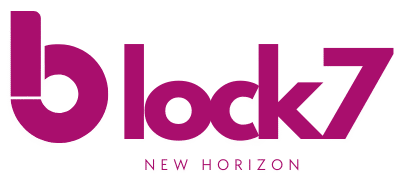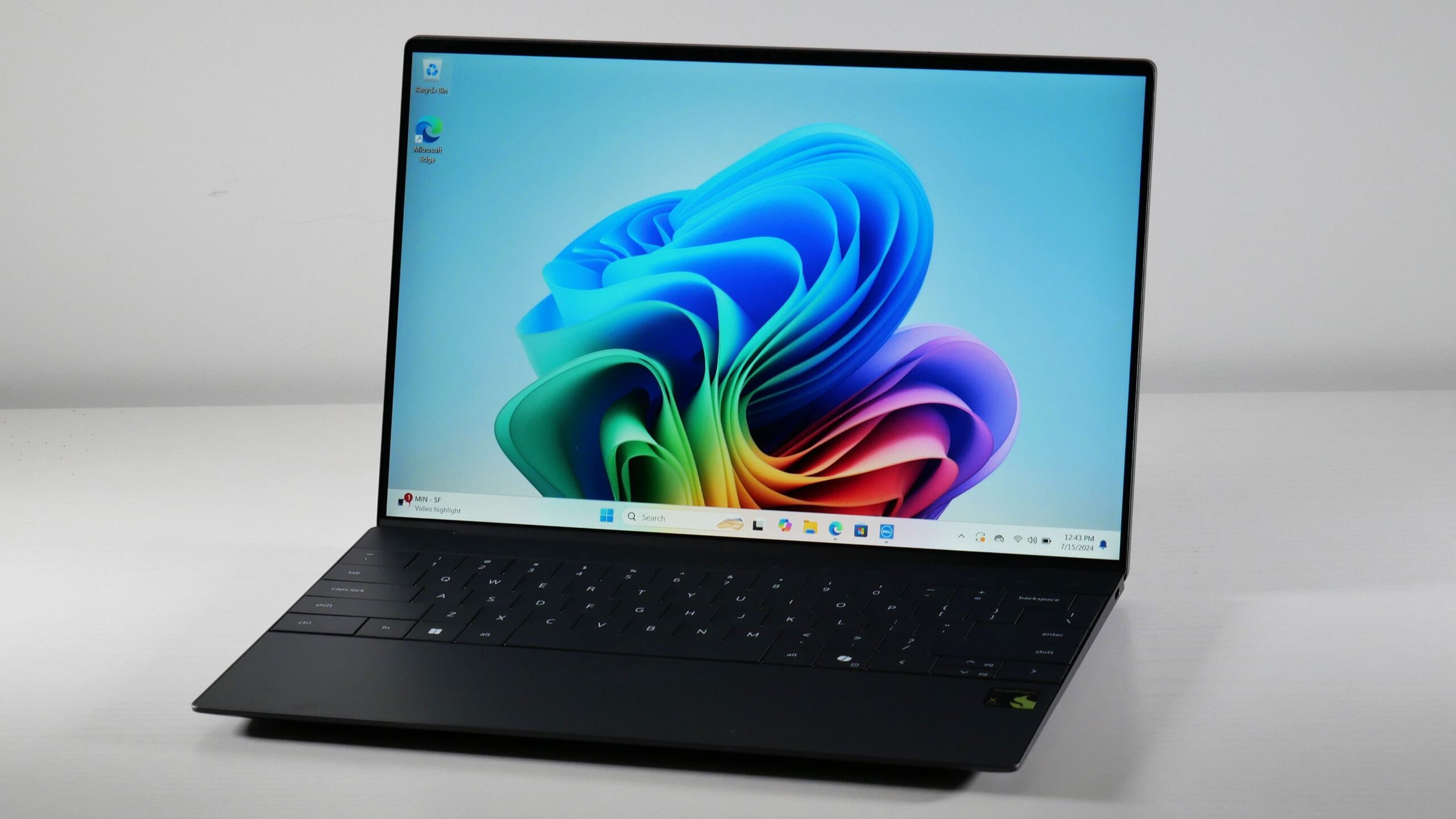1. Apple MacBook Pro 14″/16″ (M4 Pro/Max)
Apple’s latest MacBook Pro models, powered by the M4 Pro/Max chips, redefined power-user expectations. With up to 40-core GPUs, unified RAM reaching 96 GB, and breathtaking Liquid Retina XDR displays with 120 Hz ProMotion, they excel at resource-intensive tasks—video editing, 3D rendering, and AI workflows
These machines also feature robust AI capabilities via the Neural Engine, delivering on-device machine learning—speech transcription, image recognition, and real-time video effects—without relying on cloud services. Battery life tops 20+ hours, making them reliable for long workdays
Pros: Exceptional performance, battery endurance, macOS stability, AI-assisted creative tools
Cons: Premium price tag, limited Windows compatibility
🧠 2. ASUS ROG Strix SCAR 18 (2025)
For users requiring maximum compute power, the ASUS ROG Strix SCAR 18 is unmatched. It combines Intel Core Ultra 9 275HX and NVIDIA RTX 5090 Laptop GPU, alongside an Intel AI Boost NPU delivering 13 TOPS—capable of running large AI models locally
Its stunning 18″ mini‑LED 240 Hz display and robust cooling system ensure it stays cool under heavy loads. The chassis is modular-friendly and includes quick-access servicing ports
Pros: Unmatched raw performance, AI acceleration, future-proof design
Cons: Limited portability (~90 Wh battery), premium cost, reduced battery life on heavy loads
🚀 3. Dell XPS 14 (9440 AI Series)
The Dell XPS 14 blends performance and portability with its Intel Core Ultra and NPUs powering Windows Copilot+ features Its 14‑inch OLED 120 Hz display offers sharp visuals and color accuracy.
Equipped with adaptive battery and thermal AI, alongside a premium aluminum build, this laptop targets professionals who want both style and intelligent performance
Pros: Strong AI integration, high-res display, portable
Cons: Integrated GPU limits heavy AI/gaming workloads, premium price
🛡️ 4. HP EliteBook Ultra 14 G1i
The EliteBook Ultra G1i is tailored for business-intensive users. It features Intel Core Ultra CPU with vPro security and a dedicated NPU, while also offering AI-powered threat detection
Its 2.8K OLED display, lightweight chassis, and secure boot features make it ideal for executives requiring durability and privacy-focused design
Pros: Enterprise-class security, AI performance, portability (~14″)
Cons: Shy of hardcore creative/GPU-intensive computing

💼 5. Lenovo ThinkPad X1 Carbon Gen 13 Aura Edition
Lenovo’s staple for professionals, the ThinkPad X1 Carbon Gen 13 Aura, now incorporates AI hardware alongside its famed reliability and MIL‑STD durability. Available with Intel Core Ultra and Intel Arc graphics, it effortlessly handles multitasking and light AI acceleration
With its legendary keyboard, long battery life (upwards of 18 hours), and solid build, it remains ideal for demanding road warriors .
Pros: Robust build, responsive performance, AI features, superb battery
Cons: No high-end GPU; better suited for office-to-creative workflows
⚖️ Side-by-Side Comparison
| Laptop | CPU/GPU + NPU | Display | Battery Life | Weight | Best Use Cases |
|---|---|---|---|---|---|
| MacBook Pro M4 Pro/Max | Apple M4 Pro/Max (Neural Engine 40-core GPU) | 14″/16″ Liquid Retina XDR, 120 Hz | ~20+ hours | ~3–4 lbs | Creators, AI dev, high-end editing |
| ASUS ROG Strix SCAR 18 | Intel Ultra 9 + RTX 5090 + AI Boost NPU | 18″ Mini-LED, 240 Hz | ~4–6 hours (90 Wh) | ~6 lbs | Heavy-duty AI, gaming, simulations |
| Dell XPS 14 AI | Intel Ultra + NPU (Copilot+ ready) | 14″ OLED, 120 Hz | ~9–11 hours | ~3 lbs | Business users, light creative/AI, portability |
| HP EliteBook Ultra 14 G1i | Intel Ultra (vPro) + NPU | 14″ 2.8K OLED | ~9–12 hours | ~3 lbs | Secure business computing, executives |
| Lenovo ThinkPad X1 Carbon Gen 13 | Intel Ultra + Intel Arc; Copilot+ enabled | 14″ OLED/IPS 120 Hz | ~18 hours | ~2.5 lbs | Professionals, mobile creative workflows |
🛠️ Choosing the Right Power Laptop
- Performance vs. Portability
- Ultra-powerful (ASUS ROG SCAR 18) for desktop-level results.
- Balanced (XPS 14, EliteBook, X1 Carbon) for travel-friendly tools.
- Apple (MacBook Pro) bridges pro-grade performance with all-day battery life.
- AI Needs
- Require heavy local AI compute? Choose ROG SCAR 18.
- For productivity/meeting AI: XPS 14 or EliteBook.
- For research and development, MacBook Pro and X1 Carbon offer native ML acceleration.
- Battery Life
- Travel frequently? X1 Carbon, MacBook Pro, or EliteBook.
- Heavy loads? Expect 4–6 hours on the ROG SCAR 18.
- Ecosystem Preferences
- macOS or iOS integration → MacBook Pro.
- Windows with long-term updates → XPS 14, EliteBook, X1 Carbon.
- Gaming + Windows → ROG SCAR 18.
- Budget & Resale Value
- MacBook Pro holds value best over time.
- ThinkPad X1 Carbon and DXPS 14 offer solid trade-in value.
- Gaming rigs depreciate quickly.
📈 The Power-User Takeaway
Choosing a powerhouse laptop in 2025 means balancing raw performance with portability, AI capability, and ecosystem fit:
- MacBook Pro M4 series reigns supreme in performance, battery life, and integrated AI—but at a premium.
- ASUS ROG Strix SCAR 18 defines heavy-duty power, perfect for AI training and creative heavy lifting.
- Dell XPS 14 strikes a balance of smarts, portability, and on-device AI tools.
- HP EliteBook Ultra 14 G1i melds enterprise-grade security and AI in a sleek package.
- ThinkPad X1 Carbon Gen 13 Aura remains the gold standard for trusted, travel-ready power with smart AI.
For most professionals looking to optimize speed, battery life, and AI, the Dell XPS 14 AI and ThinkPad X1 Carbon offer ideal all-round performance. Creatives pushing the limits should consider the MacBook Pro or ROG SCAR 18, depending on OS preference and mobility needs.


[…] Top FAQs About Gaming Laptops vs Desktops […]